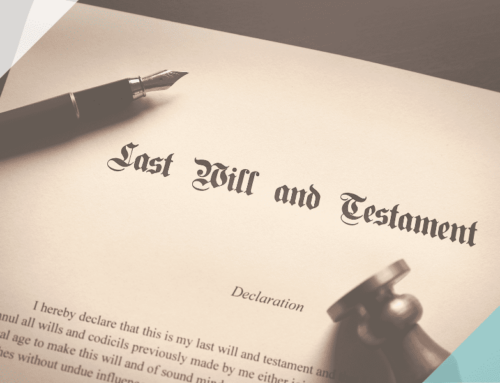A personal representative is a term given to someone who is nominated or assigned to administer and distribute a deceased’s estate. These include an executor; who is nominated by the deceased in their will, or an administrator; who is appointed if the deceased has passed without a valid will in place.
A beneficiary is someone named in a will who is set to receive a gift, legacy, or a residual share of the estate.
There is an expectation that a personal representative will act as per the wishes of the deceased and as quickly and problem-free as possible. However, this is not always true, and the beneficiaries may wish to remove them from their position.
How and why may a beneficiary want to remove a personal representative?
There are many reasons why a beneficiary may want to remove a personal representative. However, whether these are accepted is a different matter. Under Section 50 of the Administration of Justice Act 1985 a beneficiary can apply to the court for the removal of a personal representative.
When there is a will: Removing an Executor
To remove an executor a beneficiary must show that they have acted dishonestly, caused unnecessary delays or that there has been a continual failure in communication between all parties. This was seen in Pegler and others v McDonald and others [2022]. The executor in this case was making claims against the estate and was intending to challenge the validity of the will. The judge held that he was unable to act as a disinterested, objective administrator and was removed.
Hostility between the parties is not enough for a court to grant their removal. In Lucie Riley and another v Jayne Lesley Seed [2013] three sisters were named as both executors and beneficiaries. Their relationship deteriorated and a request was made by two of the sisters for the third to be removed as an executor. The judge found that friction or hostility was not a sufficient reason to remove an executor and reject the request.
When there is no valid will: Removing an administrator.
In the instance that the deceased dies without a will then in the eyes of the law they die intestate. In such an instance an administrator, usually a family member or close relative of the deceased, is appointed. They will then act under the rules of intestacy; using the estate to pay off any debts of the deceased, selling any assets where necessary and then ensuring that the residuary estate is distributed properly.
The key factors in determining removal are; whether they can properly administer the estate, if there is existing hostility that makes it impossible for the estate to be administered or if the beneficiary can show misconduct. The courts will not exercise this right lightly and issues such as disagreements will not be seen as a valid reason.
If the beneficiary can show misconduct, then the replacement administrator may have the right to bring a claim against the previous one to recover any financial loss caused by their actions.
Next steps?
If you believe that a personal representative is not acting within their duties, then Attwells can assist you. We can look at the facts and let you know of the likelihood of successfully removing a personal representative.
We would always advise you to seek early legal advice when facing issues with the proper administration of estates.
Our contentious probate team is led by Edward Powell a senior solicitor at the firm and is overseen by William Oakes a Partner at the firm.





